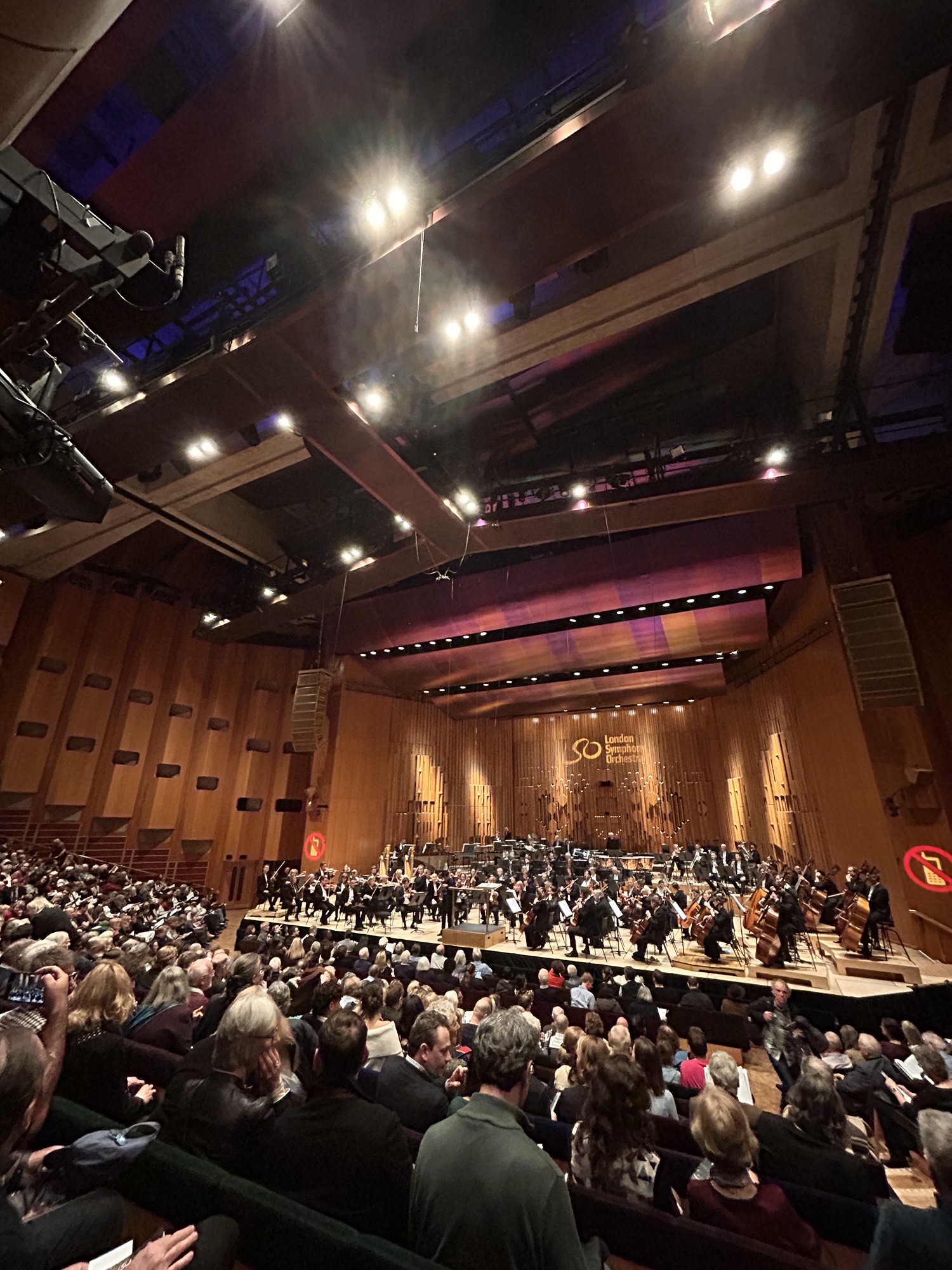The only way to learn stuff is to immerse yourself in it. Just don’t ask any questions.
My Beethoven odyssey continues.
I’ve been in Oxford today at the Beethoven Festival Symposium at the Jacqueline du Pre Music Building in St Hilda’s College.
It was the first time I’ve been in amongst academics for a long time, so too in a conference style atmosphere – listening to papers read out, discussed, challenged, and picked over. Lots of hand-shaking. Warm smiles too. Some odd hair. Mild unnecessary curmudgeonly-ness at times. Fascinating. And one or two unexpected tidbits, highlights of which I share below along with a few thoughts.
Beethoven and numeracy
During a delightfully detailed presentation about the numbering and mis-numbering of variations, one tidbit surprised me: Beethoven wasn’t terribly good at multiplication it seems, but was stronger instead adding and subtracting. We know this because of his ‘conversation books’, books he scribbled down his exchanges, notes and ideas (?) with his friends once his deafness had taken hold.
Academics aren’t necessarily great presenters.
Some of the delivery styles masked the academics’ considerable knowledge and expertise.
Some might see that as me poking fun or being mean-spirited (come get me), but there is a surprising twist to all of this.
Just as people like me (and considerably better people with much bigger networks) are called upon to articulate the art form in a manner that suits a particular audience, so I’m reminded how academics can sometimes need their ideas articulated in slightly plainer or, in some cases, slightly more engaging language. So we all need each other. Which is nice.
Beethoven 9 as four movements plus a conflated symphony
I have always struggled a little with Beethoven 9. It’s never really hung together in the way I assumed a symphony should be. There are jarring moments.
I know that’s a bit presumptious. I mean who the actual fuck am I to dare question Beethoven’s greatness?
But Professor David B Levy – the best speaker of the bunch by far today – offered a useful primer in his survey of the origins of the symphony, and the way its been ‘used and abused’ to meet a variety of cultural and political agendas.
In addition to simply describing the five movements in terms of the emotional content each touches upon, ie first movement – tragedy, second movement – farce, third movement – lyricism, and the fifth movement – joy (where the ‘fourth movement’ is a transition sequence), he also pointed to a range of other analyses of the last movement that depicted it as symphony in itself. You may not necessarily buy into the view. And let’s be honest, I may not necessarily have grasped the finer points of his presentation because this was an academic paper, but it was quite a neat look on the work.
Keyboard maker guillotine inventer
Turns out that piano maker Tobias Schmidt was also the inventor of the guillotine, and realised quite quickly that he was going to make more money from the patent for the guillotine than any piano he made and sold. Tut tut.
Was Beethoven a better businessman than he realised?
If I’ve understood Elaine Sisman’s paper correctly, Beethoven was quite focussed on making sure he got credit for his own work, so much so that the discussion around opus numbers for his work (normally a retrospective labelling of a composer’s output after death?) was robust whilst he was alive. Does that mean that Beethoven had an eye for his own legacy? More reading necessary I suspect.
A new discovery: Piano Sonata No.32 (and No.24)
This was a free lunchtime recital given by one of the speakers – William Kinderman – who provided an annotated introduction before performing the extensive two movement sonata.
I’m fascinated with those moments when I connect with something unfamiliar. What was the element in Kinderman’s performance that pulled me in? The opening of the second movement . The word ‘repose’ had been used a great deal during Kinderman’s introduction. The stillness of the opening arietta signifiied repose – a musical depiction of utopia? And it had that effect: time slowed down; stillness; completeness; serenity. It wasn’t twee: we weren’t listening to a fine tune which went through a series of permutations. It was a musical argument expressing a complex series of emotions. There was chromaticism. Nothing settled. But my attention was completely hooked. I ended up listening to No.32, No. 23, and No.24 from Brendel’s landmark collection on Decca on the way home. I think I’m hooked.
Emotion not melody
This seems a bit of an odd observation to share on the face of it. But I’m increasingly of the mind that maybe a way of appreciating Beethoven as a newcomer (ie me) is to think of the emotional quality of his music first. If one were to listen out for melody first – ie listen to Beethoven like one might approach Mozart on a first listen, then Beethoven’s unorthodoxy, especially in his later works, is going to make Beethoven perhaps seem like a tall order. There is so much emotion in it, as in the piano sonatas, and so much narrative, that to only listen out for the mechanics of constituent parts is to miss the point of Beethoven entirely. This thought is essentially the musical equivalent of the advice a playwright friend of mine gave me before I watched an unfamiliar Shakespeare: “listen for the gist – be very light touch about it”.
Why so much attention?
Obviously, I get it’s Beethoven 250 this year. We all love an anniversary. But a question arose for me part way through the day: why do so many study the man and his music so closely and so much? Is can’t be just because he’s widely accepted as a genius. That doesn’t really account for the fervour or the range of views contained in the endless tomes. Is it possibly because there’s a lot of evidence to pick over? Is Beethoven a musicologist’s Aladdin’s Cave?
I like it though. I like the forensic attention. I like the year long immersion. And I’m reminded that what hooks me in is the three dimensional world that a musicologist exists in and, through their work, perhaps unintentionally creates.
The turning point in the day was seeing one of Beethoven’s early sketches for Eroica. Nothing especially moving in and of itself. Rather, the sight of his initial ideas for a work that is so very well known brought a man known from a bust careering into the present day. The handwriting made the herculean effort of a man from the past, a more human thing. The evidence made it real. In a split second, two hundred and fifty years didn’t seem quite such a long time ago.
And when those things from the past arrive in the present all shiny and new, there’s an electric charge. Exploring Beethoven further has all the addictive qualities that soaking up the life and work of Benjamin Britten in the early 2000s.
In our on-demand time-poor attention deficit world, it seems so tragic that something so wonderfully absorbing and enriching is going overlooked because of a false assumption that no-one is interested in detail. We really must try harder.


